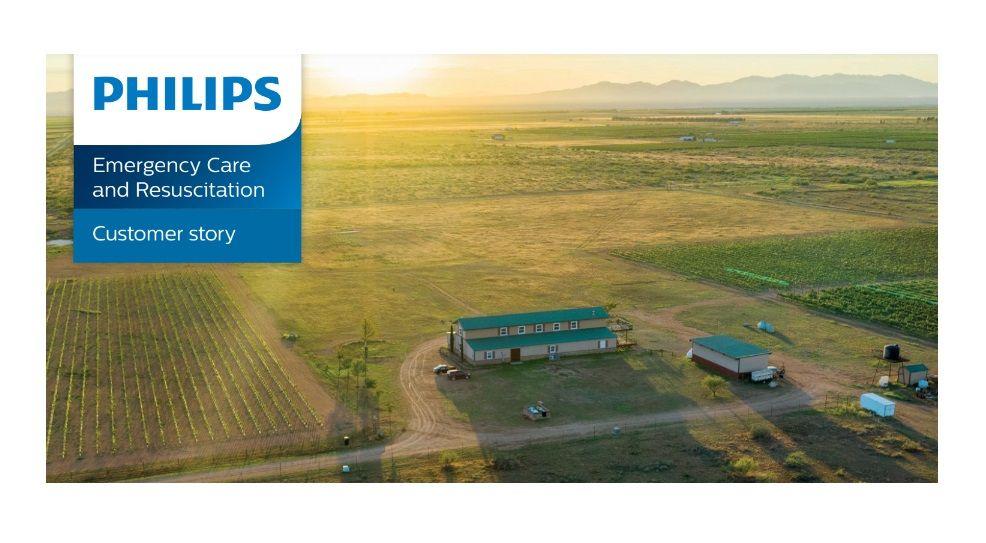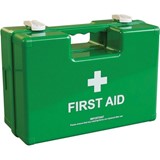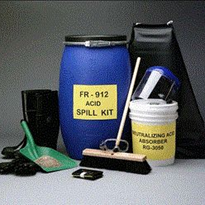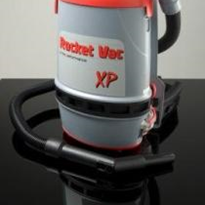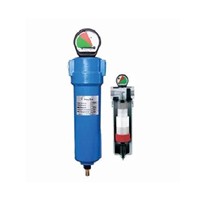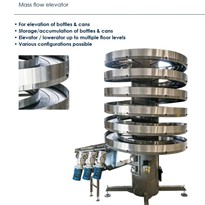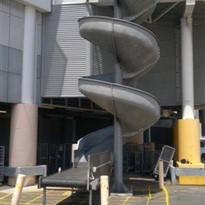When Christine Benton retired from her career as a firefighter-paramedic in August 2020, the plan was for her and her husband Brian to live the ‘RV life’. Little did the Bentons know the first-responder training would come into play so soon. It was January 15, 2021 and Christine and Brian were staying at a Harvest Host camping area located 25 miles south of Wilcox, Arizona. This particular Harvest Host location at Birds & Barrels Vineyards was gorgeous and remote, about a 35- to 40-minute drive to the nearest hospital. The first signs of trouble At the vineyard campgrounds, Karen Schluter, a healthy 52-year-old, told her husband, Jeff, that she had chest discomfort and thought it was likely another anxiety attack, like the one she had when her father died a few years ago.
“My husband heard the screaming and said to me that it ‘sounds like a medical issue,’” Christine recalled. Brian then ran toward the commotion and saw a person lying on the floor not moving. He immediately returned to their RV and yelled to Christine, “we need the AED”.
A ‘just-in-case’ purchase turns out to be a lifesaver
Christine said she knew that the only thing that could save a life in Sudden Cardiac Arrest (SCA), was early defibrillation and CPR. When she purchased the Philips HeartStart OnSite AED for their road trips to RV retirement parks – where most people were over 60 – the joke was that it was just in case Brian collapsed. “But I knew that I did not want to be without a vital tool and the one tool I needed to save a life, just in case. That life could be my husband, a friend or a complete stranger.” Christine and Brian grabbed the Philips HeartStart OnSite AED and first aid kit and ran to the RV. “The first thought that went through my head while grabbing my AED and running over to the RV, was that I was not expecting it to be her of all people,” Christine said of Karen, an ultra-athlete.
“It’s like I turned on a switch and I was in rescue mode,” Christine said. She followed the illustrations on the packaging and placed the pads on Karen’s chest. The AED immediately started analyzing and advised that a shock was necessary. “We made sure no one was touching Karen and shocked her once,” Christine said. The device instructed them to continue CPR, so they did chest compressions for about 30 seconds and assisted her breathing with a face mask. “Then, Karen started to breath on her own, had a pulse and got progressively better,” Christine said.
Philips HeartStart OnSite AED: you don’t have to be a professional to use it
Even though I am a trained professional, the Phillips HeartStart OnSite AED tells you what to do, prompts you and monitors the patient every two minutes to determine if a shock is advised, or if no shock is advised, instructs you to continue CPR,” said Christine. “It’s super easy, but it has to be ready: batteries in and pads in place on the AED. It also doesn’t hurt to have scissors on hand in the case you need to expose the chest to deliver a shock.” Studies show that CPR plus defibrillation within 3–5 minutes of collapse, can produce survival rates as high as 48–75%.4 With the nearest emergency professionals 35- to-40 minutes away, Karen was fortunate to have an AED at the campground. The ambulance arrived and from the area hospital, Karen was life-flighted to Tucson.
Christine still keeps in touch with Karen. As a survivor, Karen says she doesn’t know how to thank Christine. “I told her just keep living your life, and that I am thankful she survived,” Christine said. Christine knows firsthand, how lucky Karen was to have bystanders willing to help and an AED at the RV park. Every minute that passes without CPR and defibrillation, the chances of surviving SCA decrease by 7–10%.
After the incident, both the owner of the winery and bystanders said they had plans to buy an AED. Adds Christine, “I sure hope that RV parks, national parks and Harvest Hosts would consider having an AED on site, because these are places that can be remote and early defibrillation is key”.
“I am very glad I bought that AED ‘just in case’ and just in case happened.” Christine Benton


